Unoccupied house insurance - why and when do you need it?
You might need unoccupied house insurance if your property is left empty for a long period of time
Rachel Wait
Most home insurance policies will only cover an empty home for a set period – if your property is left empty for longer than this, you’ll need unoccupied house insurance to ensure it’s adequately protected.
Also known as ‘empty property insurance’ or ‘vacant property insurance’, unoccupied house insurance is a specialist insurance policy that will cover a vacant property for three, six, nine or 12 months – sometimes longer.
‘A home that is left unoccupied for a significant amount of time represents a higher insurance risk for insurers,’ says Greg Wilson, founder of Quotezone.co.uk. ‘Not only is the house an easier target for burglars, vandals and squatters, but there’s also a higher risk that the building or its contents might be damaged by rising damp, mould or burst water pipes when the house is left empty.’
Follow this extensive Q&A report that explains why you need unoccupied house insurance, the costs and what it covers.
Why do you need unoccupied house insurance?
Standard home insurance policies won’t offer adequate cover if a property will be vacant for a long time.
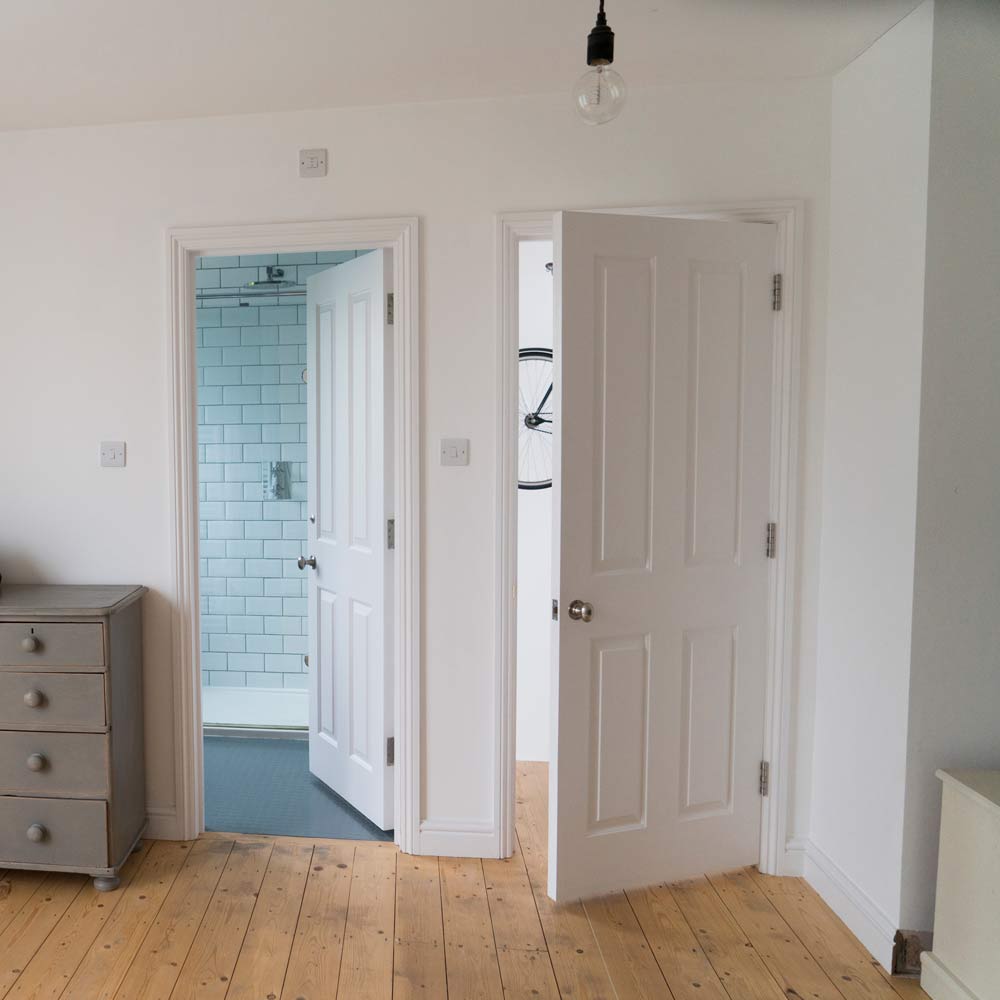
‘Most house insurance policies allow for a shorter period of no occupancy, such as 30, 60 or 90 days, but for anything longer than that, as described in the wording of your policy, you’ll require specialist cover,’ explains James Slater, chief executive at ST&R Limited.
There are a number of reasons why a homeowner might leave a property unoccupied or empty for a lengthy period of time. Common reasons include:
- Working overseas
- Extended holidays
- Void periods between tenants
- Sale-related delays
- Probate-related delays
- Away from home health care
- Extensive renovation works
How much does unoccupied house insurance cost?
Unoccupied property insurance tends to be more expensive than standard home insurance. This is because vacant properties are considered a higher risk by insurers.
Unoccupied properties are more likely to be damaged by:
- Vandalism
- Fire
- Flooding
For example, a burst pipe at an unoccupied property could go unnoticed for longer periods which would make the water damage worse. This would probably increase the cost of the subsequent insurance claim.
The cost of unoccupied home insurance will vary between providers. Cover and costs depend on a number of factors such as where the property is located, its value, any previous home insurance claims and the level of cover required.
If the property has contents, you’ll need to let your insurer know the total value of your possessions for these to be covered too. It is wise not to leave valuables in an unoccupied property.
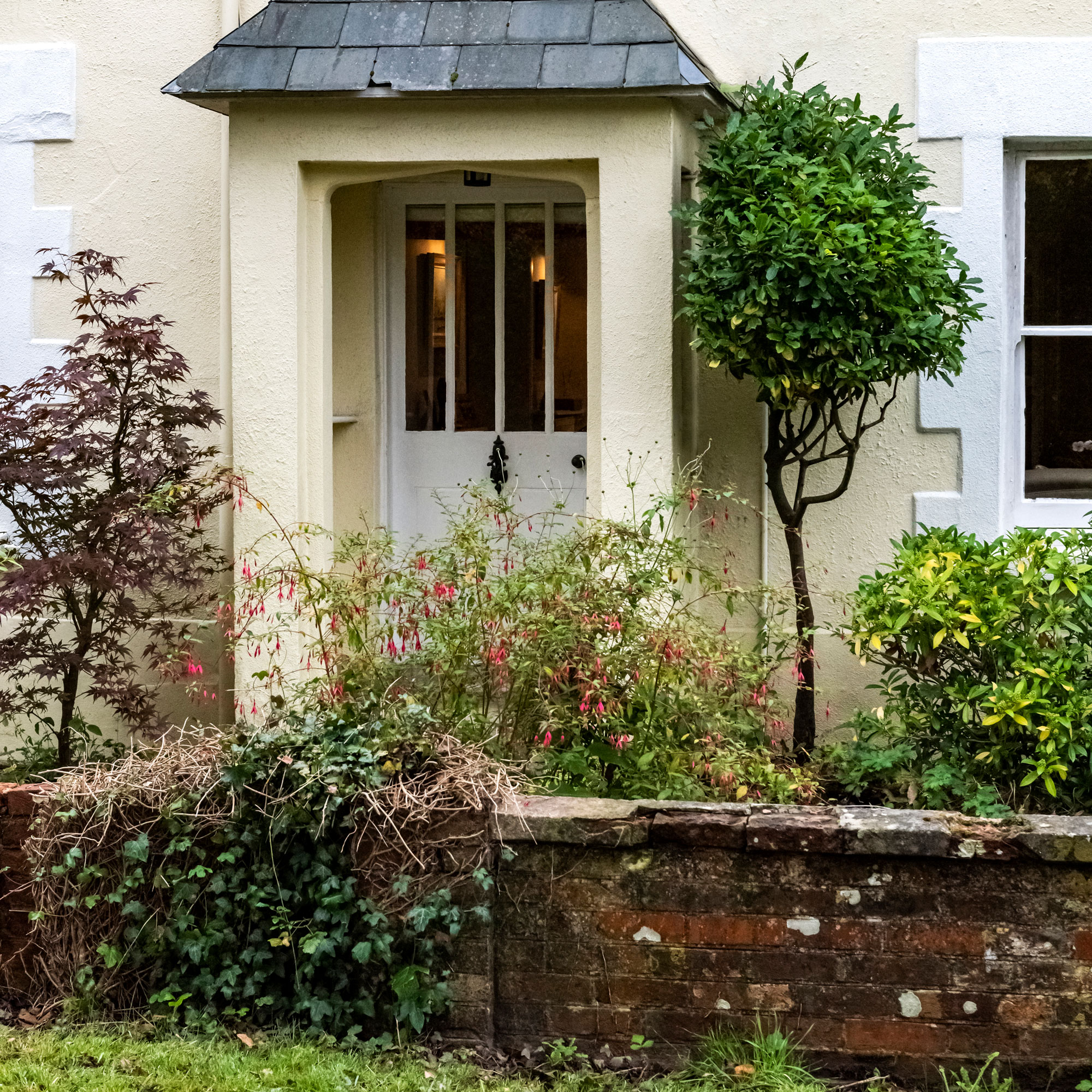
Do you need unoccupied home insurance when someone has died?
A common scenario where you might need unoccupied home insurance is if someone has died. The property will be unoccupied while probate is granted and the family decides on the best option moving forward. That might be a family member moving into the property, the home being placed on the market or it being rented out.
The executor of the deceased’s will must collect the deceased’s assets, settle their liabilities and distribute anything remaining as requested in the will.
Alex Milton, at law firm Moore Barlow, says: ‘Executors are personally liable for any mistakes they make whilst administering an estate and any consequential loss that may arise. Executors should protect and preserve the estate.’
‘This includes making sure that insurance is maintained on estate property. If, for example, there is a fire in an estate property and the executor has failed to maintain valid house insurance, then the executor could be made to pay for the repairs from his or her own pocket.’
Some home insurers will continue to provide cover until a set time, so you won’t need to take out a new policy. Sarah Smith, head of home underwriting at LV= General Insurance, says: ‘At LV= we will continue to provide cover on an existing policy in the name of an executor until the property is sold or under new owners.’
However, check whether there are any conditions attached to the policy – the property might need to be internally inspected at least once a week, for instance. Alternative arrangements might also be needed to pay on-going premiums as the deceased’s bank account will be frozen once the bank is aware of their death.
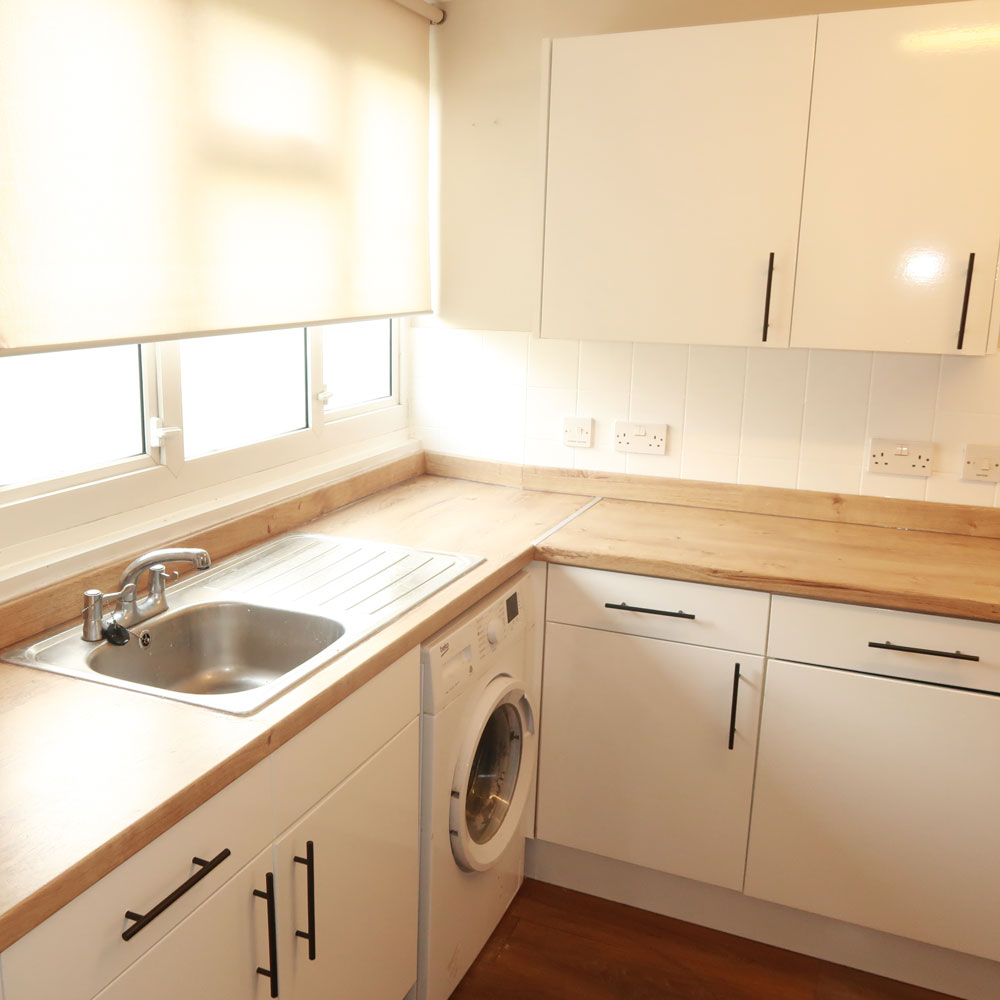
What does unoccupied home insurance cover?
Policies vary regarding the level of cover offered. Be sure you read the policy and understand what you’re covered for – and what isn’t covered.
Unoccupied home insurance will always include buildings cover. Buildings insurance covers the structure and fittings of a property including:
- Walls
- Roof
- Pipes
- Fitted kitchens
- Carpets
- Flooring
A good policy needs to protect you against risks including:
- Storms
- Floods
- Fire
- Water leaks
- Theft or attempted theft,
- Vandalism or malicious damage
A more comprehensive policy will also include legal expenses. For example, you might need legal assistance to remove squatters.
Another inclusion or add-on is property owner liability. This will protect you against compensation claims raised by third parties who have been injured as a result of the property not being maintained.
Some policies will also offer add-ons covering damage due to fallen trees, fly-tipping, and broken windows.
How can I get cheaper unoccupied property insurance?
Adding security features, such as burglar alarms and decent door and window locks, could help to cut the cost of your unoccupied home insurance.
Installing smart cameras and smart devices will make it easier for you to monitor the property yourself via your mobile phone. This means you can react quickly to any incidents, reducing the likelihood of making a claim. For example, smart leak sensors can alert you if there is a leak in the property.
Keeping the property well-maintained and looking lived-in can reduce the probability of a break-in or squatters moving in.
‘It’s also worth reviewing the excess to see what you’re comfortable with,’ says Wilson. ‘A high excess charge can help make the policy more affordable initially but if you’re not likely to have an extra lump sum saved should the worst happen, then it may represent a false economy. Paying annually can also help keep costs down, rather than monthly.’
When you insure any property, it’s important to give the insurer an accurate ‘rebuild value’ – this is the cost of completely rebuilding the property from scratch. Unless you own a listed building, the rebuild value is usually less than the market or sale value – so make sure you don’t over-insure your property.
Some unoccupied home insurance policies will require you to take certain steps to reduce the risk of a burst pipe. For example, heating the property to a certain temperature in winter or turning off the water supply.
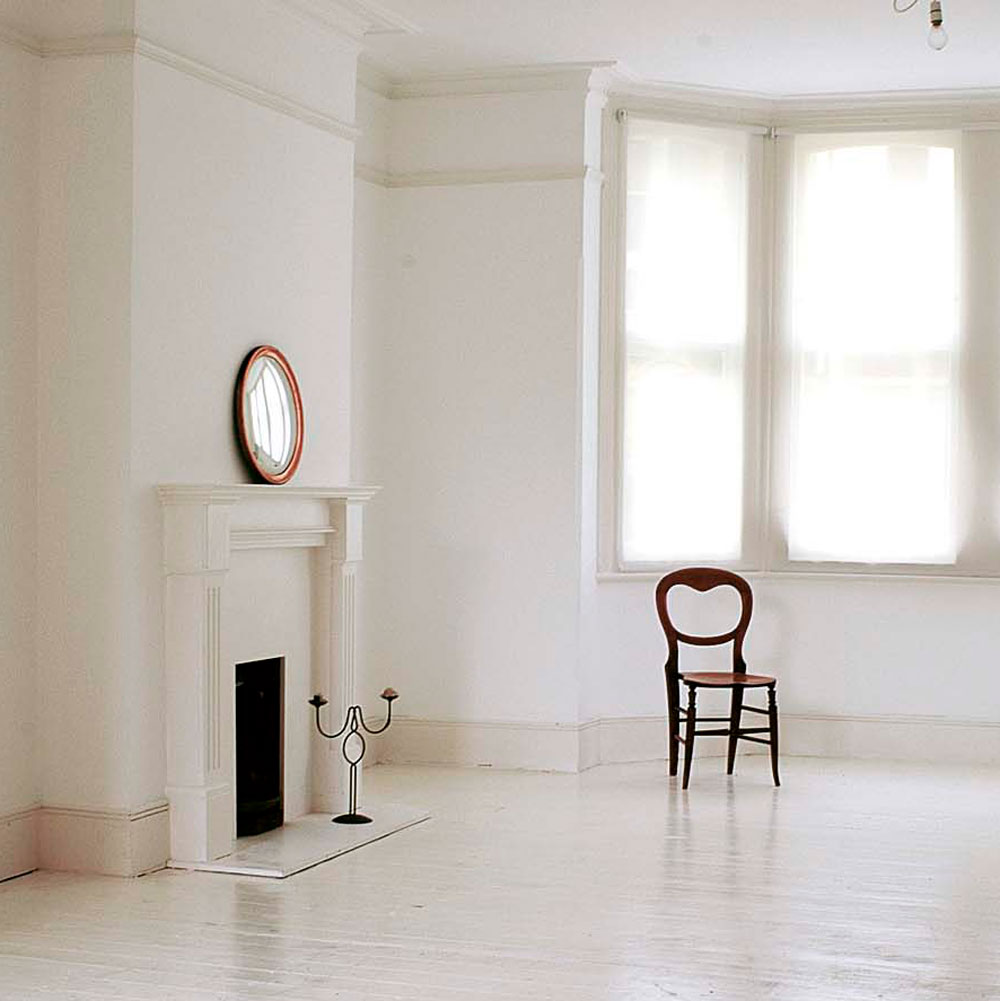
How to compare unoccupied house insurance quotes
Firstly, assess whether you need unoccupied home insurance. Check the policy wording of any existing home insurance. If the property will be empty for longer than the limit stated on the policy, call your insurer to see if it can offer additional cover.
If you need unoccupied home insurance, you should shop around for the right policy at the right price. With standard home insurance, you can compare quotes using price comparison websites, such as our sister brand GoCompare, Confused or MoneySuperMarket, but it’s not as easy to do this for unoccupied home insurance. Instead, you’ll need to contact individual insurers to ask for a quote.
Most insurers want to know the condition of the property before they offer you cover. It can be more difficult to find insurance if a property is in a poor state of repair. For example, it might have boarded up entrances or roof damage.
Different insurers will take differing approaches to the checks you need to make on a vacant property. Some will require you to leave the heating on using a timer in winter to stop pipes from freezing and bursting. Others might expect you to regularly visit the property.
Who offers unoccupied property insurance?
Specialist Unoccupied home insurers include:
- GuardCover
- Endsleigh
- Towergate
- Adrian Flux
- Home Protect
What are ‘unoccupied building conditions’?
Some insurers insist that certain terms and conditions are stuck to for unoccupied home insurance to be valid: these are called ‘unoccupied building conditions’.
Unoccupied building conditions can include:
- Draining down water systems
- Switching off utilities
- Weekly documented visits
Failure to comply with their unoccupied property insurance guide and conditions could lead to any claim you make being turned down. Some insurers will let you choose which conditions you want to include – these will affect your premium.
What are unoccupied home insurance exclusions?
Every insurance policy comes with ‘exclusions’ which are events not covered by the insurance policy.
Unoccupied home insurance exclusions might include theft by unforced entry such as an unlocked door or open window or damage caused by contractors or builders.
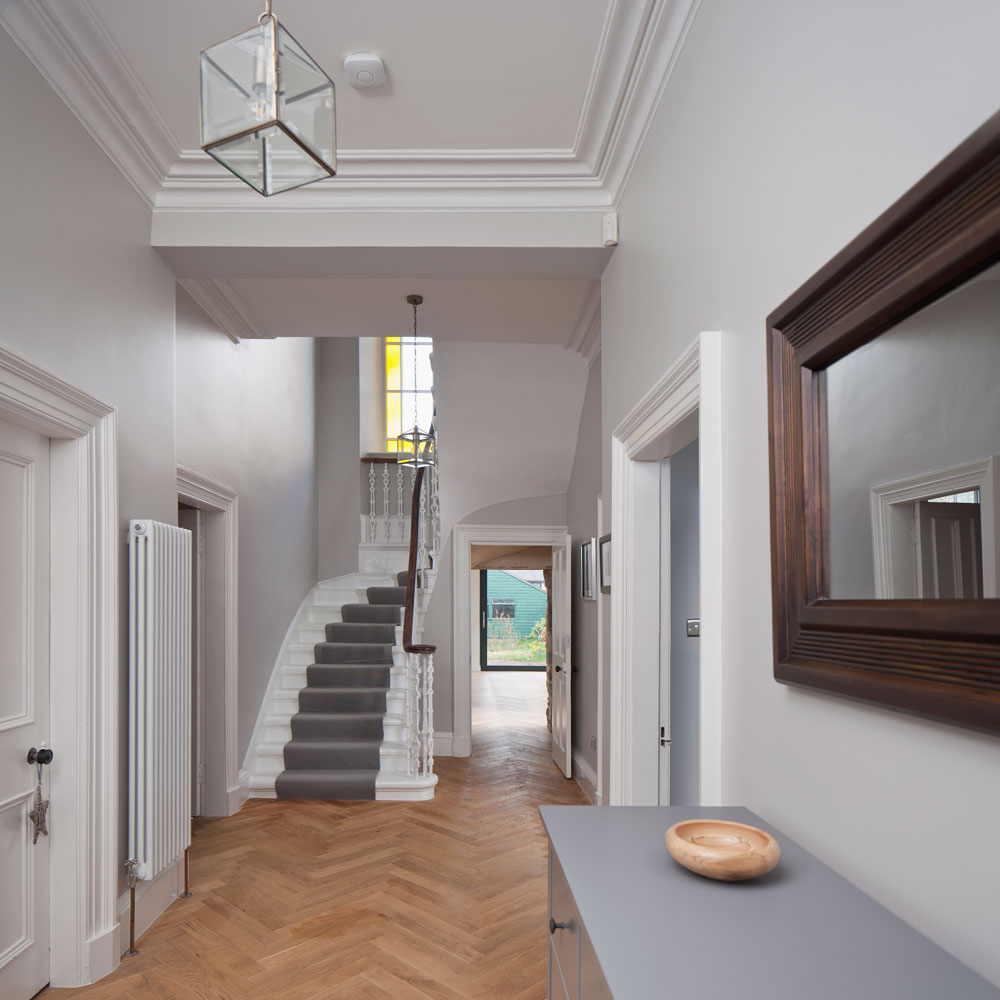
What happens if I don’t have unoccupied house insurance?
If your home will be left empty for longer than a standard home insurance policy permits, it’s important that you take out an unoccupied home insurance policy.
‘If homeowners don’t have unoccupied home insurance and the property is damaged or vandalised while it’s vacant, then the homeowner could be solely responsible for any repairs or financial implications,’ says Wilson.
What happens if the property becomes occupied again?
Once the property is occupied again, there will no longer be any need to have specialist unoccupied house insurance.
‘You should contact your provider as soon as possible and arrange more suitable coverage,’ says James Slater. ‘It may be that in the interim your empty property policy allows for a timeframe of occupancy and no further action is needed until renewal, but only by speaking to your provider will you know for sure.’
How to make an unoccupied home insurance claim
If you need to make a claim on your home insurance, these are the steps to follow:
- Call the police if relevant – If your property is broken into, burgled or vandalised, call the police. They will hopefully investigate the crime, and also issue you with a crime reference number that you will need to give to your insurer to progress your claim.
- Call your insurer straight away – Although you can usually make claims up to six months after an insured event, it’s best to get the ball rolling straight away. Contact your insurer – it will tell you the next steps you should take. Most insurers operate claims helplines 24 hours a day.
- Retain insurance evidence – If you’ve had a fire or flood, don’t throw damaged belongings away immediately – wait until you’ve had the go-ahead from your insurance company. In some circumstances, they will send a ‘loss assessor’ to assess what has been damaged, destroyed or lost.
- Take photos – The more evidence you have to support your insurance claim, the better. Photos of damage to your property or destroyed possessions can make your claim easier. Especially if the insurer disputes the amount you are claiming for or what happened.
- Keep receipts – If you need to make urgent repairs to your property – for example, fixing broken locks – keep your receipts as you’ll need them for your insurance claim.
- Claim approved – When your claim is approved, your insurer will either organise the necessary repairs or send you a cheque for the amount you’ve claimed so you can arrange the work yourself.
Get the Ideal Home Newsletter
Sign up to our newsletter for style and decor inspiration, house makeovers, project advice and more.
-
 Will a conservatory add value to your home and how can you maximise it?
Will a conservatory add value to your home and how can you maximise it?This is what the pros say
By Amy Reeves
-
 I’ve been looking for a new signature scent for my home and The White Company's new fragrance is the exact summer holiday smell I needed
I’ve been looking for a new signature scent for my home and The White Company's new fragrance is the exact summer holiday smell I neededSantorini smells fresh, summery and sophisticated
By Kezia Reynolds
-
 How to remove algae from garden walls in five steps – and the cleaning product experts rave about for tackling it fast
How to remove algae from garden walls in five steps – and the cleaning product experts rave about for tackling it fastExperts share their top tips for getting garden walls algae-free
By Katie Sims
-
 You can claim back over £300 a year from HMRC if you work from home - here’s how to check if you’re eligible
You can claim back over £300 a year from HMRC if you work from home - here’s how to check if you’re eligibleWhen it comes to saving, every little helps
By Kezia Reynolds
-
 Experts have revealed the best day to renew your home insurance policy - you’ll want to do it sooner rather than later
Experts have revealed the best day to renew your home insurance policy - you’ll want to do it sooner rather than laterDon't leave this task at the bottom of your to do list
By Kezia Reynolds
-
 Is a variable rate mortgage ever a good idea? Experts weigh in
Is a variable rate mortgage ever a good idea? Experts weigh inOur money expert explains what a variable rate mortgage is, who they can be good for, and the pros and cons of this kind of mortgage
By Samantha Partington
-
 I’m a first-time buyer, what are my chances of getting a mortgage right now?
I’m a first-time buyer, what are my chances of getting a mortgage right now?And what you can do to increase your odds
By Rachel Wait
-
 Should you ever pay above the asking price for a home?
Should you ever pay above the asking price for a home?Our money expert explains whether you should ever pay over the asking price for a home, especially if house prices fall as predicted
By Samantha Partington
-
 Should I fix my mortgage and how long should I fix for?
Should I fix my mortgage and how long should I fix for?We speak to the experts to find out whether you should fix your mortgage and how long for as well as the impact further interest changes could have on your decision
By Samantha Partington
-
 We put your mortgage questions to two leading experts, here's what they said
We put your mortgage questions to two leading experts, here's what they saidAs mortgage panic continues, we've answered the most common questions - from when mortgage rates will come down, to when you actually have to pay stamp duty
By Samantha Partington
-
 'My mortgage is set to skyrocket - what should I do?' 5 potential solutions from a money expert
'My mortgage is set to skyrocket - what should I do?' 5 potential solutions from a money expertIf you're facing higher mortgage costs, our money expert explains various courses of action you could take to ease the pressure
By Samantha Partington